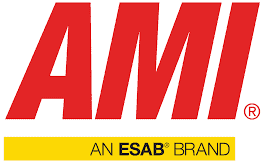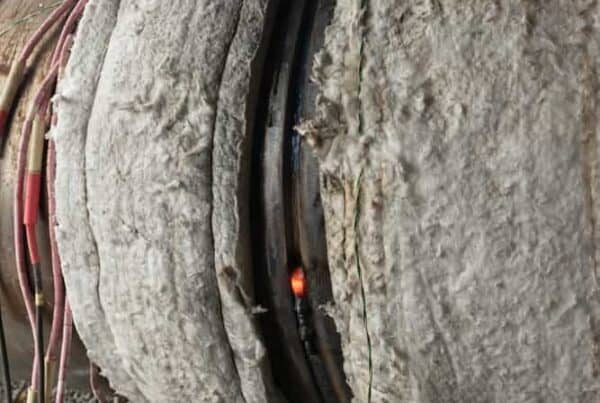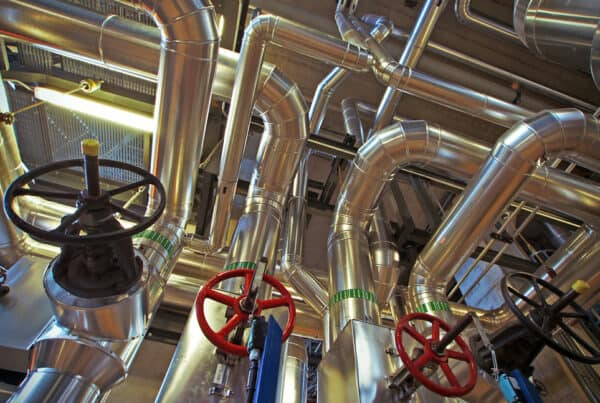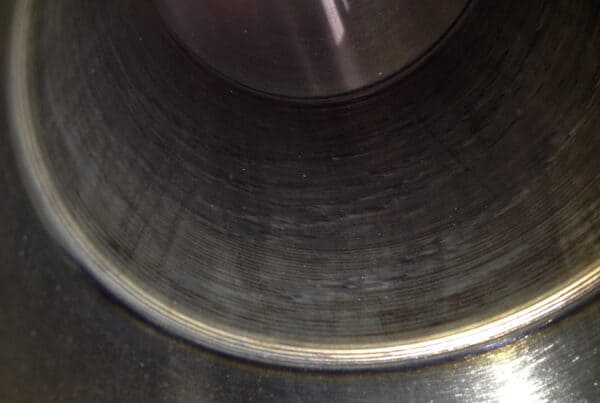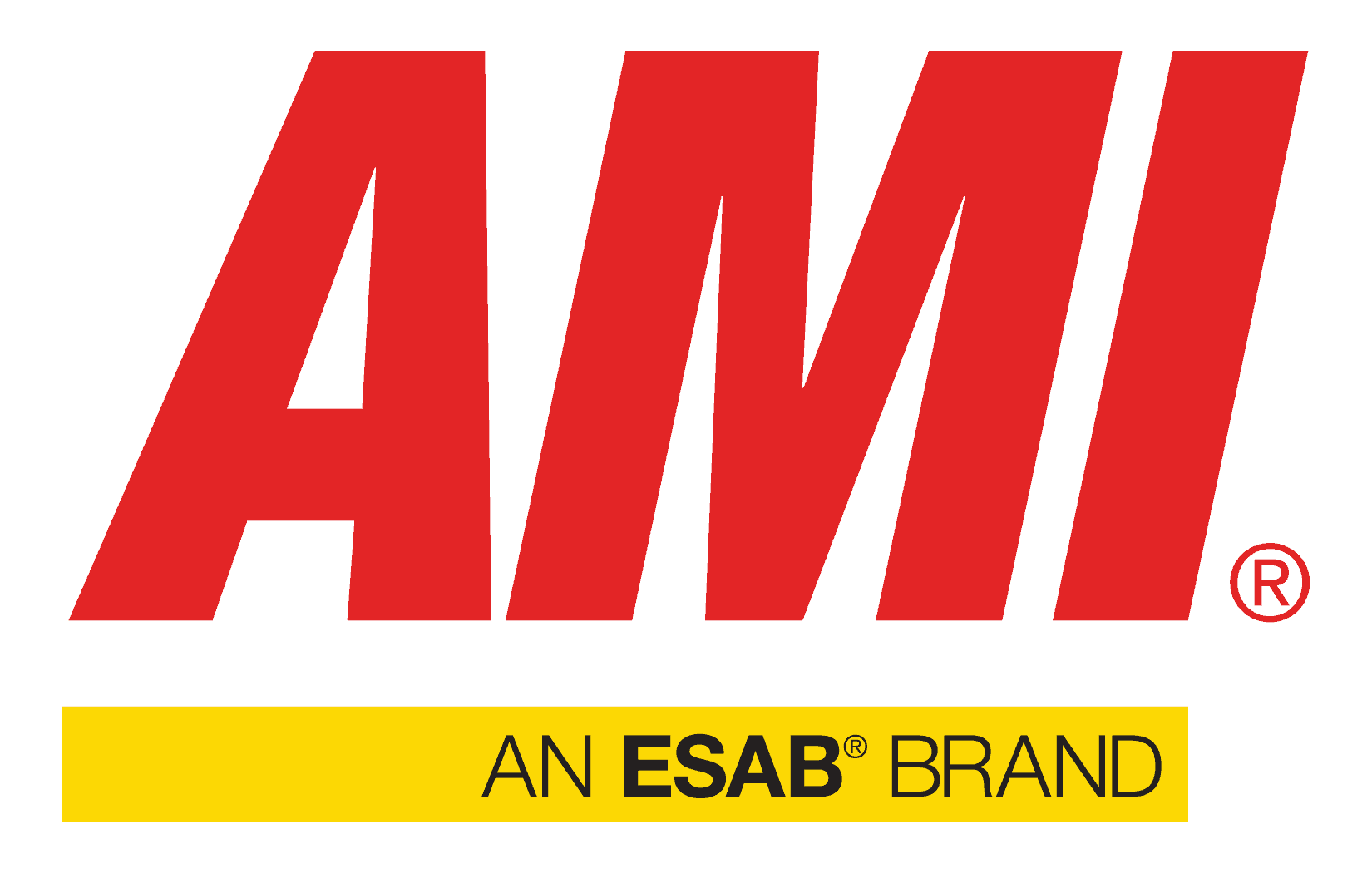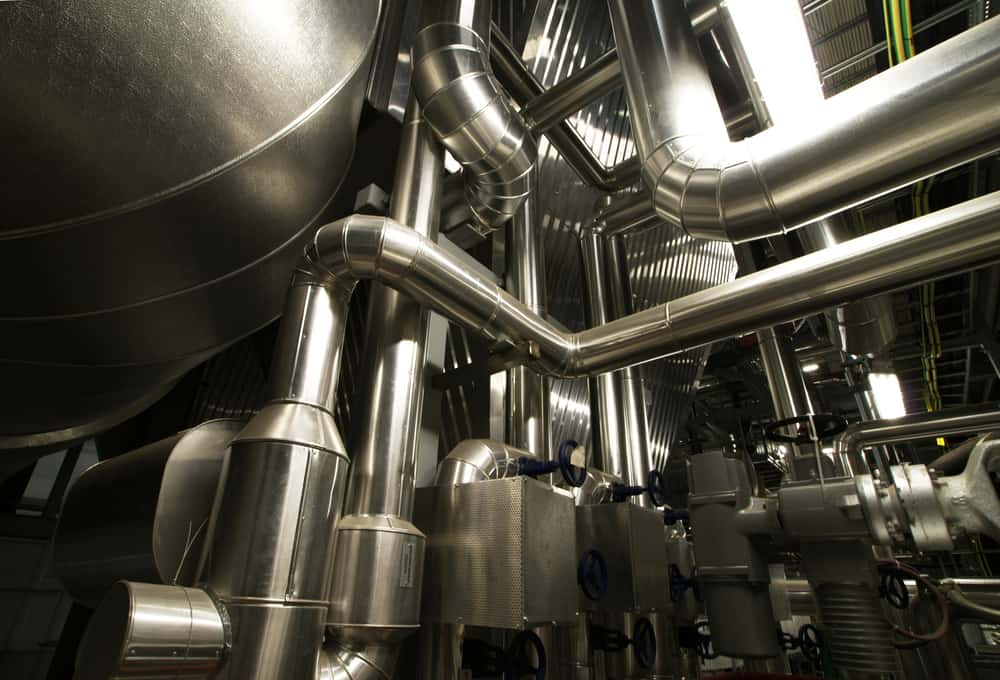
Modern industry requires working with industrial-scale quantities of chemicals, gases, and other substances, many of which are incredibly corrosive. In dry climates, for instance, producing drinking water might mean piping large amounts of corrosive seawater into desalination plants. One solution for dealing with these corrosive substances is to use process piping and tubes made of austenitic stainless steel or corrosion-resistant alloys like Monel® or Inconel®. The drawback to this solution is that these metals are difficult to work and very expensive.
One solution to using pipes and tubing made entirely from these expensive alloys is to instead use them as pipe cladding materials. This offers the corrosion-resistant advantages of these materials for a significantly lower cost. In some cases, there may be structural reasons for cladding a pipe with a different alloy than the pipe is made of—copper-clad steel, for instance, is much stronger than copper alone. In many cases, these clad pipes and the fittings that go along with them must be specially manufactured for a project. Choosing the right pipe cladding material and the correct orbital welding heads are vital for the successful completion and function of a project.
What Makes an Alloy Corrosion-Resistant?
Stainless steel is an alloy of iron, chromium, and carbon, and its corrosion resistance is derived from a film of chromium oxide that develops on the surface, protecting the material from the formation of ferrous oxides or rust. However, stainless steel is not fully proof against rusting. Chlorides, like those found in bleach and seawater, can strip this protective film away, which can result in uneven and unpredictable rusting. The actions of chloride on stainless steel can be compensated for by increasing the chromium levels in the alloy. Marine-grade stainless steels, for instance, have considerably more chromium than other grades.
Choosing the right pipe cladding materials for a project involves choosing a blend of metals with the right properties for a given use.
The film that gives stainless steel its resistance underlies most—not all—corrosion-resistant alloys. For instance, aluminum and titanium oxidize in a normal atmosphere, and these oxides develop into a film that protects the material. The creation of corrosion-resistant alloys involves mixing metals together to obtain a blend of properties that maximizes the life of the resulting material. Monel®, for example, blends the very slow corrosion of nickel with the patina formation of copper, resulting in an extended lifespan in atmospheric and marine environments. Choosing the right pipe cladding materials for a project involves choosing a blend of metals with the right properties for a given use.
Choosing the Correct Pipe Cladding Materials
The material for pipe or tubing should be chosen on the basis of its ability to resist the surrounding environmental stresses. Usually, a material is chosen for its ability to withstand the corrosive actions of oxygen in the atmosphere. For resource-extraction operations in a marine environment, materials might instead be chosen for their ability to resist saltwater and the corrosive action of both oxygen and chloride salts.
Slight differences in the makeup of the cladding material and the state of the chemical in the pipe can have dramatic effects on corrosion.
Cladding materials inside pipes should be chosen for their ability to resist damage by the substance that will flow through them. It is recommended that project managers or decisionmakers consult a compatibility chart that rates the compatibility of alloys with the chemicals that will flow through them. Slight differences in the makeup of the cladding material and the state of the chemical in the pipe can have dramatic effects on corrosion. This makes choosing the right pipe cladding material an exacting science.
Applying Corrosion-Resistant Pipe Cladding
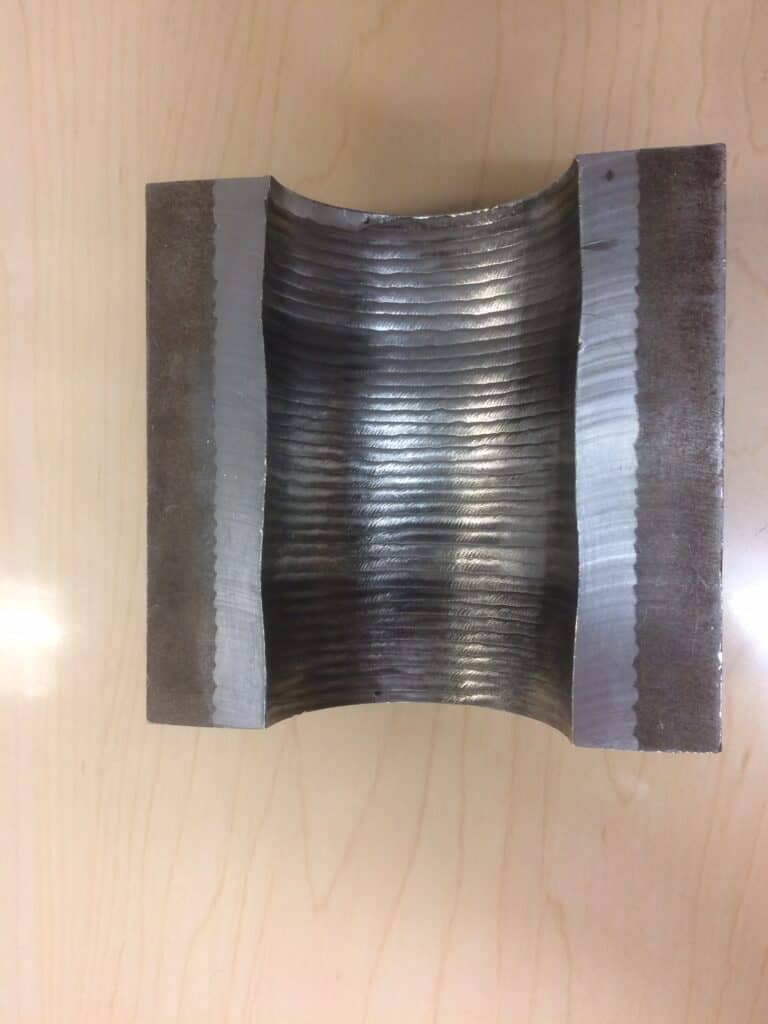
A variety of types of piping are sold with cladding already built into them. However, there are limits to the applicability of pre-clad materials available for purchase. A project like a water treatment or desalination plant may be able to find the exact pipe they need with the right cladding off the shelf, but may have less luck finding the elbows, tees, unions, and other fittings they need. Pipes with the right cladding and structural properties for demanding projects such as nuclear reactors or a new naval ship design are not typically available ready-made at all. If a pipe that had been previously clad is spliced with another, then the interior of this spliced section will need cladding in order to provide complete protection along the entire line.
The solution is to apply compatible pipe cladding materials to structural piping using an interior diameter orbital weld head. The weld head applies a layer of the chosen pipe cladding material by welding around the interior diameter along the entire length of the pipe. This pipe cladding method can be used to create highly specialized combinations of exotic alloy piping and cladding. Interior diameter weld heads can be used alongside orbital welding arc machines to fabricate custom pipe fittings for civil projects or manufacturing. Arc welding machines open up a range of possibilities for faster completion of complex piping projects, ultimately improving welding productivity and allowing projects to better meet exacting specifications.
Arc Machines, Inc. is leading the way in high-specification pipe welding and interior diameter welding of pipe cladding materials. For inquiries regarding products, contact sales@arcmachines.com. For service inquiries, contact service@arcmachines.com. Arc Machines welcomes the opportunity to discuss your specific needs. Contact us to learn more.
